 Full length, written fire risk assessments, covering all aspects of fire safety, have become a legal requirement for properties offering sleeping accommodation to paying guests from the 1st October 2023. This means that all owners that let their property to guests, even for a single night, will need to have a full written Fire Risk Assessment, by law.
Full length, written fire risk assessments, covering all aspects of fire safety, have become a legal requirement for properties offering sleeping accommodation to paying guests from the 1st October 2023. This means that all owners that let their property to guests, even for a single night, will need to have a full written Fire Risk Assessment, by law.
Fire Safety Guidance for ‘small paying guest accommodation’
Fire Safety Guidance has been published by the Home Office that covers `small paying guest accommodation’ which is defined as:
`A single premises of ground floor, or ground floor and first floor, providing sleeping accommodation for a maximum of 10 persons, with no more than 4 bedrooms on the first floor (and not having an open plan kitchen)’. Or `Individual flats (whether within a purpose-built block of flats or a house that has been converted into flats), other than unusually large flats.’
If your holiday letting property is in England the new guidance can be downloaded here:
For owners of holiday lets located in Wales the new guidance can be downloaded here:
The new guidance has been compiled following a review of best practice that should be adopted to meet obligations to comply with existing fire safety law. It was statutory from the 1st October 2023 and must be followed.
What about larger or more complex accommodation in either England or Wales?
The updated guide on larger accommodation and properties that do not fit the Small Accommodation Guide as above, is a work in progress at the Home Office. Meanwhile for these larger properties that sleep more than 10 people, have more than 4 bedrooms, are over more than 2 floors or have an open plan kitchen, you need to base your fire precautions, and fire risk assessment on the existing guidance in: Fire Safety Risk Assessment – Sleeping Accommodation:
Where can I find additional information on complying with Fire Safety?
The Professional Association of Self-Caterers UK (PASC UK) have produced a series of supplementary papers to help owners navigate making their property safe and legal, and writing their Fire Risk Assessments, as well as holding regular informative webinars on the subject. We would encourage all owners to read these papers and watch the webinars which are available on demand. Together they provide clarity on the New Fire Safety Guidance and can be found here:
Fire safety regulations are in place across the UK to help keep your guests safe while holiday letting, which is why it’s important to understand the changes.
What you need to do next?
If you haven’t already done so, review the changes in the new fire safety guidance. Update your fire risk assessment and record it in writing. Highlight the actions that are required and form a plan to address them as soon as is practical.
Resources and further information:
If you own holiday letting property located in Scotland, your guidance can be found here:
The information contained in this post is provided for informational purposes, and should not be construed as legal advice by Boshers.
Boshers offer specialist holiday home insurance to holiday let and cottage complex owners across the UK. If you need an insurance quote for your holiday let call us on 01237 429444.


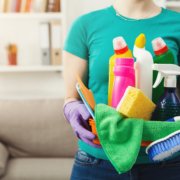
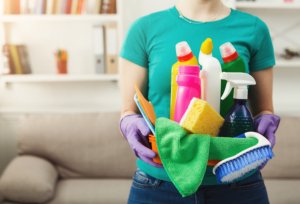 In response to the Covid-19 pandemic, the hospitality and tourism industry have pulled together to produce protocols across all sectors, including specific
In response to the Covid-19 pandemic, the hospitality and tourism industry have pulled together to produce protocols across all sectors, including specific 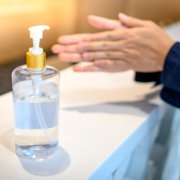
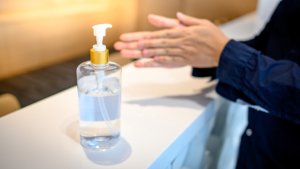 In late January reports began to emerge of the presence of a potentially deadly virus in the city of Wuhan, China. Since then the continued spread of Coronavirus (now clinically known as COVID 19) has shown no signs of abating, with more than
In late January reports began to emerge of the presence of a potentially deadly virus in the city of Wuhan, China. Since then the continued spread of Coronavirus (now clinically known as COVID 19) has shown no signs of abating, with more than 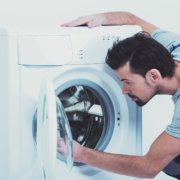
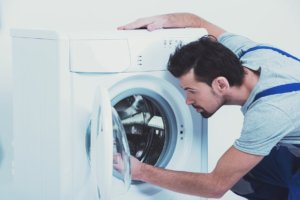 Whilst many of us spent mid-December enjoying and revelling in the run up to Christmas, for Whirlpool and their customers, things were seemingly going from bad to worse.
Whilst many of us spent mid-December enjoying and revelling in the run up to Christmas, for Whirlpool and their customers, things were seemingly going from bad to worse.

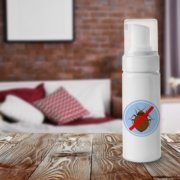
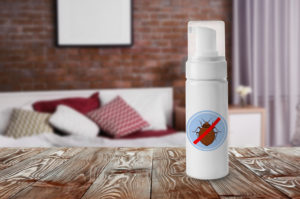
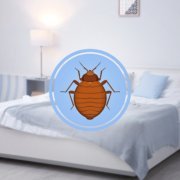
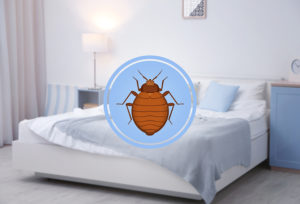
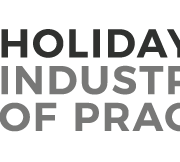


 The death of any child is always extremely tragic, and the case of a six-year-old who lost his life in a house fire last year has again highlighted the fatal consequences fire can have once it takes hold of a property. Riley Jake Jackson from Derbyshire died from “fire-related burns and carbon monoxide toxicity” after a bedside lamp had fallen over and the heat from the bulb caused the lampshade to ignite.
The death of any child is always extremely tragic, and the case of a six-year-old who lost his life in a house fire last year has again highlighted the fatal consequences fire can have once it takes hold of a property. Riley Jake Jackson from Derbyshire died from “fire-related burns and carbon monoxide toxicity” after a bedside lamp had fallen over and the heat from the bulb caused the lampshade to ignite.
 The government has recently announced (on 29th January 2019) that they intend to introduce new mandatory five-year electrical safety checks for privately rented homes throughout the UK. This move will require new electrical safety legislation to be drawn up. It comes after years of campaigning by consumer and safety groups following a number of tragic and fatal cases.
The government has recently announced (on 29th January 2019) that they intend to introduce new mandatory five-year electrical safety checks for privately rented homes throughout the UK. This move will require new electrical safety legislation to be drawn up. It comes after years of campaigning by consumer and safety groups following a number of tragic and fatal cases.